
There are very few actors as iconic as the great Sir Anthony Hopkins.
His award winning work travels from the horrific with his
performance as Hannibal Lecter in THE SILENCE OF THE LAMBS, HANNIBAL
and RED DRAGON, to the uniquely bizarre in the underappreciated
TITUS, to the sublime, in HOWARD’S END and THE REMAINS OF THE DAY.
I could continue linking him to some great movies, and a few
that aren’t so great but that would take much too long.
So I will continue with his recent work in FRACTURE,
the story of a jilted man who shoots his wife out of jealousy and
anger. But he is a smart man
who meticulously plans out his revenge and makes it nearly
impossible to convict. So a
hotshot upstart played by Ryan Gosling takes a chance at the dice to
see if he can outsmart the sharp as a tack criminal.
Recently, Anthony took the time to come and talk FRACTURE at The Four
Seasons in
Beverly Hills
. There is something very
charismatic and quite charming about him, yet at the same time; he
has a great power that
could bring someone to their knees. This
is a man, who mostly spends his hours writing music, painting and
walking on the beach. This is
also a man who has had his time and seems content to just work and
enjoy life. He is a serious
fellow who, at the same time, will make animal noises, such as a dog
or cat sounds, just to lighten the mood, and yes, we all heard him
at the junket. Sir Anthony
Hopkins is exactly what you would expect him to be.
He is a powerful figure who is truly content with his station
in life and has found solace in the simple things.
And that would include directors who have faith in their own
work as Greg Hoblit, the director of FRACTURE does in Tony’s eyes.
Anthony
Hopkins

Sir Anthony Hopkins: Okay.
Here we go.
What
was it about this character that really attracted you to taking on
kind of, the “dark” character again?
Well, it was well written. That’s
the reason. It’s a
well written script. I
mean, nothing’s perfect but… it was a… you know, I’ve had
some good scripts over the years and I’ve only played two
villains, [
Hannibal
] Lecter and this guy. But
they were both well written. And
I’ve had scripts which are good.
There is something slightly wooly about them, this was very
defined almost machine made. It
was precise, and I like that. You
know, you look at… there may be an… and it hasn’t happened in
a long time, but I have an instant when I open a script, especially
if my agent had recommended it, I open it thinking, ‘oh, the looks
interesting.’ Even by the set out on the pages, you know, you’ve
got the dialogue there, the description… and you go through it and
you think, ‘oh yeah, this looks really good.’
And if it’s well structured, and you know that you have no problem with
re-writing or anything like that.
I usually say, ‘is this the final draft?
Yeah.’ If they say, ‘well, that’s the third, we’re
gonna still work on it’ I’m a little cautious about it.
When you say, ‘yeah, okay’… good.
I phoned Greg Hoblit, I talked with Greg Hoblit, we had
lunch, something like that. I
said I’d love to do it. So
that’s the reason. And
it’s easy; it’s not difficult to do.
We did a re-shoot at the end.
The ending wasn’t satisfactory the way we finished it.
Something like, ‘eh, it’s okay…’ But they tested,
before test audiences and the audiences rated it rather high except
they said the end wasn’t satisfying.
They wanted something more… so they re-wrote the end and we
re-shot in January. And
I’m glad.
I think Ryan [Gosling] and Greg Hoblit and Glenn [Gers] were responsible
for that. Ryan wasn’t
happy with the way… but the forensics, the structure, the legality
and all that happened to the gun in court; I mean would we as a
movie be attacked by lawyers, the legal profession saying this
wouldn’t hold up in court. We
had to figure all that stuff out and Greg Hoblit is a meticulous
director and he worked on “NYPD Blue” so he knows his way around
all this kind of legal system. So
he was very good to… and he also made the movie “Primal Fear”.
But I remember when we were filming he’s say, ‘hold it,
let’s take this line out… let’s do two versions of this so
we’ve got to be absolutely sure we’ve got this version and
we’ve got that version, maybe with one line spoken about a bullet
or a single bullet.’ Stuff like that.
So it was interesting doing it.
Did
you kind of get into the odd humor of the character?
It was already written, I didn’t have to anything with it.
When
he’d write it, did you…
Yeah, I liked it. My favorite
line was when he [Ryan] says I’m not going to play games with you
and I say, ‘I’m afraid you have to old sport.’ [Laughing] And
that was really the one line that got me to respond and I thought,
‘oh, I like this.’ A bit like Lecter.
How
is it that, I was reading in the press kit that you just do the job
and that’s it… to get into character you don’t think
about it too much, you just do it.
Yeah.
Some
actors are into the “method” of acting, how is it that you
don’t need that?
Well maybe that’s the way they have to work.
I try to clear my mind and not think about it at all.
However, I learn the text thoroughly so I know it all and
then I can relax. It
takes over itself. By
going through it, I’ll take it and look at it like this [picking
up some notes]… I’ll mark it down and I go many, many times.
By the time I know that I’m learning it, as David Mamet
said, ‘learn it cold. Just
learn it.’ Because once you’ve learned it you’re free.
But also, by learning it, there is a rhythm that comes out.
Jus the writers rhythm and I take that rhythm into my own
consciousness, I guess, and things start to evolve.
Especially with that line, ‘I’m afraid you have to old
sport’… I remember my memory flashed back to something in
England years ago. I’d
met a man who was a real con-artist… ruthless.
He probably could have been a killer.
A ruthless guy… I think he was a gangster.
He could just stare you out and he’d say things like, ‘So
what do ya mean by that?’ and he had a slight Irish accent and I
thought, ‘ah, that’s the guy.’, ‘So what do ya mean by that
, when you said that about yer daughter? ’ and you get somebody
like that in a room and you think God, this is what I want to do
with Crawford. ‘I
could smell the blood as I shot her.’ that’s scary.
And you realize, Crawford’s a monster, I’m not glorifying
him, Crawford’s monstrous. There’s
nothing smart or nice about him.
But I know people like to see these character because I guess, part of
human nature is, we’re adorn to the great classic figures like
Iago in “Othello” or Shakespeare’s “Richard the Third”
because they walk the edge all the time.
They walk on the razor’s edge.
They never apologize for anything they do.
And even some of the great dictators in the world, the
political monsters like Adolf Hitler or Stalin.
They never apologize for anything; they never look over their
shoulder. They are
ruthless. I think this
is what people are drawn to in a mesmerized, horrified way.
Well
you’ve had a pretty decent career, but is there anyone in
particular that you’d still like to work with or any particular
role you’d like to do that you haven’t done?
No… I suppose a few years ago I would have liked to work with directors
like [Martin] Scorsese… Oliver Stone, Spielberg, Coppola… No,
it’s… philosophically I’ve reached a point in my life that
I’m at a good age where I’ve done everything I wanted to do.
And to be free of wanting to work with Mr. Scorsese or
whoever… it’s wonderful to not care.
But I admire people, I suppose I would have liked to have
worked with Clint Eastwood, I think I admire him.
I think he’s one of the best.
I mean, I like his style of directing not that I’ve ever
worked with him. It’s
two takes and is it in focus, then okay, move on.
I like his attitude. But
no, I’m going to be Seventy at the end of the year, it’s a nice
feeling… I paint now, and I write music and I read.
Go for walks on the beach.
It’s like the T.S. Elliot poem, ‘I grow old.
I grow old. I
shall wear the bottom of my trousers rolled.’ [Laughing] ‘Do I
dare to eat a peach? I
shall wear white flannel trousers, and walk upon the beach.’
I
remember… my favorite role of yours was in “Howards End”…
Oh yeah.
It
was a phenomenal movie and you were brilliant in it.
It’s a good movie isn’t it?
Absolutely…
are there certain roles that stand out for you personally in your
career?
That. And “Remains of the
Day”… that was one of my favorites.
I think that was one of my favorites, yeah, that was my
favorite. I enjoyed
“The Silence of the Lambs” of course.
That was fun to do. I
think “Remains of the Day” was the best… that was the most
satisfying thing. And
this [Fracture] actually, this has to be one of the most enjoyable
films I’ve done in a long time, since those days.
That’s a long time. Fifteen
years? Made “Silence
of the Lambs” seventeen years ago and “Remains of the Day”
about fifteen years ago, so to get a script like this is a pleasant
surprise. Cause you
know, you have to go on working, you work and make a living.
Though it’s a particularly good living…
Sometimes you make a movie and its okay, it’s alright, and maybe get
good reviews or maybe not. But
looking back at so many in retrospects, I look back on some of them
and I think, ‘you know… okay.’ [Laughing] And sometimes see
them on television and I’ll switch over to the other [channels],
because they’re boring. Not
bad but it’s kind of wooly you know, ‘oh well’, I wish they
had left it alone instead of re-writing it all the time.
I don’t want to talk about re-writes because… why?
If they have no confidence in what they’ve written then do
they mess with it? I
think it was Paul Newman who said to a director once, he said,
‘why are you re-writing this into oblivion?
We had a perfectly good script.’
Can
we talk a little bit about Greg’s working style and also, you’ve
worked with a lot of filmmakers, is there a common
analogy for particularly the good ones?
Yeah, I like him because he’s very precise.
Well he’s had so much experience working on television.
He’s like Spielberg and people like that.
They come and set and say, ‘okay, this is what we’re
going to do so put the camera there and I want this there.
Tony can you… okay, you did that, just rehearse.
We want the camera here.’ And they get on with it.
I like that because it’s like an efficient shop.
And it gives you a sense of chemistry, gives you a sense
of… let’s do it. The
crew is always alert. Sometimes
there is nothing so bad as a director coming on set and he doesn’t
know what he wants. You
do fifteen, twenty, thirty takes and suddenly the crew is going
[falling asleep].
I was on a film set two years ago and a very nice director but, will
remain nameless… take after take after take but there is no
dynamic at the end it’s just, ‘okay… turn around… oh, yeah
action’ and the A.D. would [signal the director], ‘oh yeah,
cut.’ [Laughing] and then silence and then, ‘oh, yeah let’s go
again.’ And you would think, ‘Oh, Jeez…’
Four o’clock in the morning.
I mean why? The
crew is falling asleep because they are the guys that have gotta
work late and take all this cable away.
I think it’s unfair to do that to people.
Either know what you are going to do, shoot it and move on.
Clint Eastwood said, you know, what are you going to get if
you do two takes, three takes, four takes, what are you going to
get, perfection? [Laughing] Why do you need all that?
And Greg Hoblit’s like three takes, four takes maybe.
Seems to be maximum and he’ll do it for a good reason
because he wants to some certain [moment] but he’s generally
confidant. He’s
confidant in himself. He’s
sure of himself. And if
he’s sure of himself you feel sure of yourself.
Spielberg’s like that.
So
a common element for bad directors is just not a very clearly
defined vision?
Well some, they want to do a lot of takes and I remember a scene with
Spielberg in “Amistad” he did because he wanted to get
variations on it. But
when they give you a reason for it, not that they have to give you a
reason but it’s kind of polite if they give you a reason, because
if they don’t it makes you feel really insecure.
Oliver Stone has a different way of directing, Oliver will
say to you things like, ‘are you on drugs or something?’
[Laughing] ‘You sure did it good yesterday, what happened
to you today?’ It
keeps you on your toes. He’s
a great director. I like
him.
Were
you familiar with Ryan’s work before doing this?
I saw “The Notebook”, which is the first one I’d seen.
So I was very pleased when he was cast in this.
He wasn’t cast when I… in fact they were still looking.
And a… yeah, he’s good.
Excellent actor.
Let me know what you think. Send
questions and comment to [email protected]
.


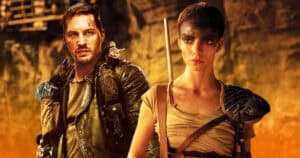
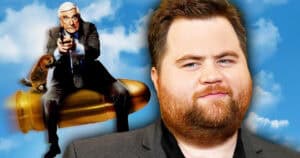
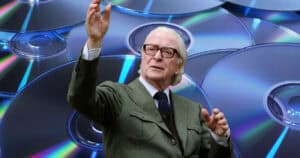




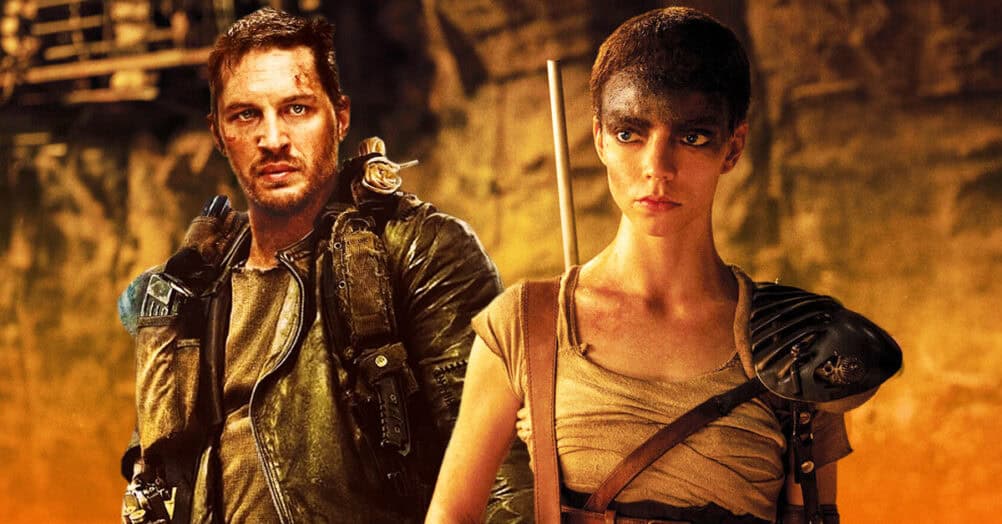
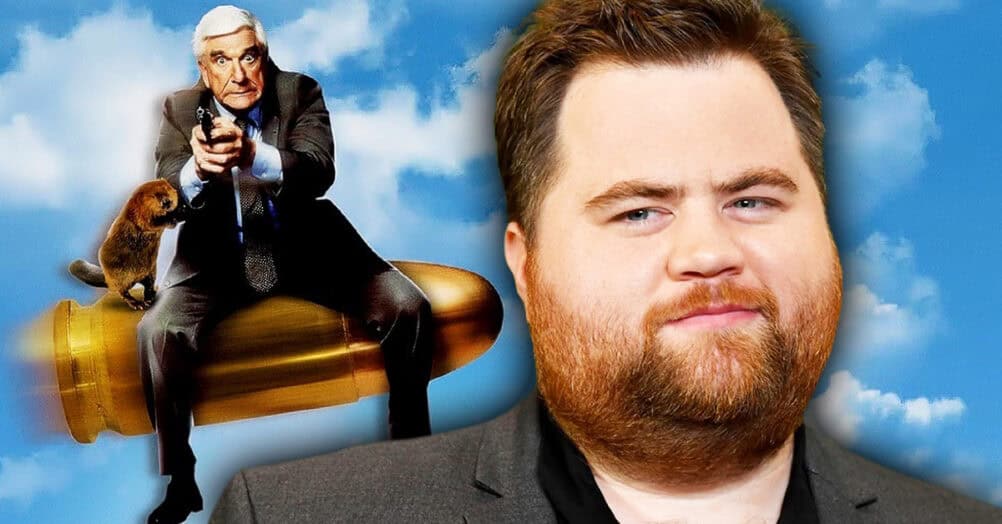
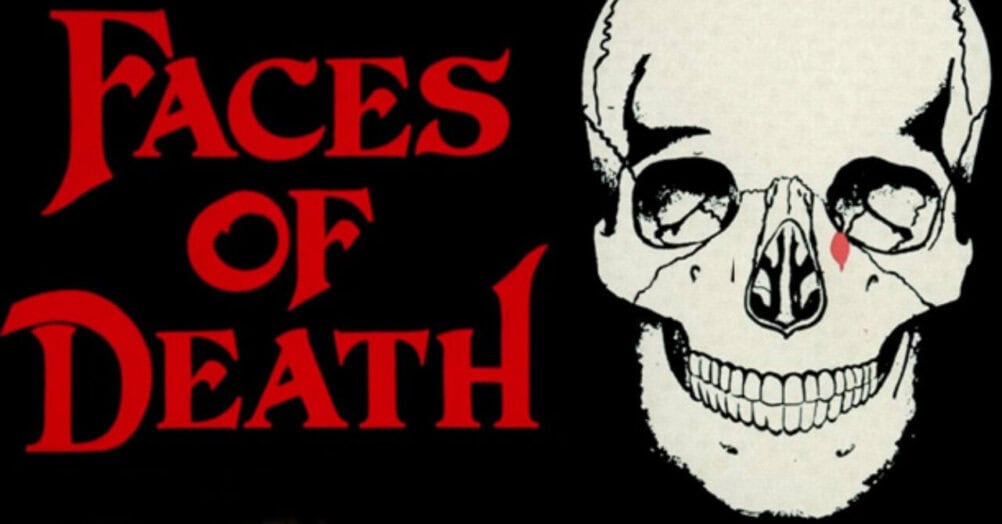
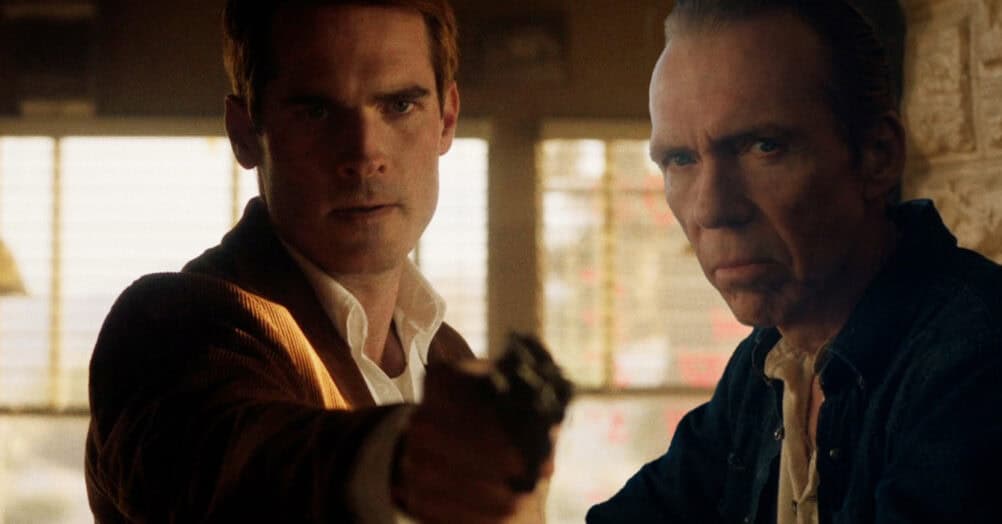
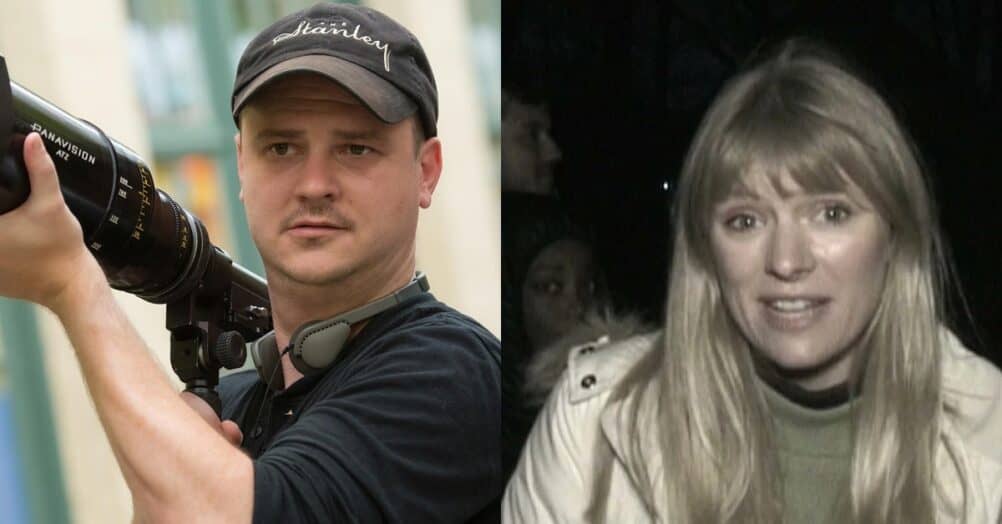
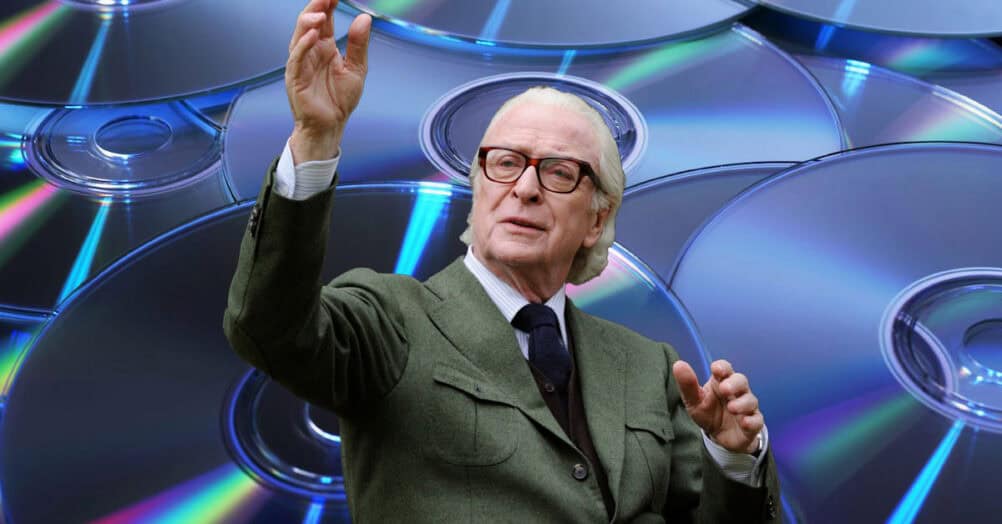

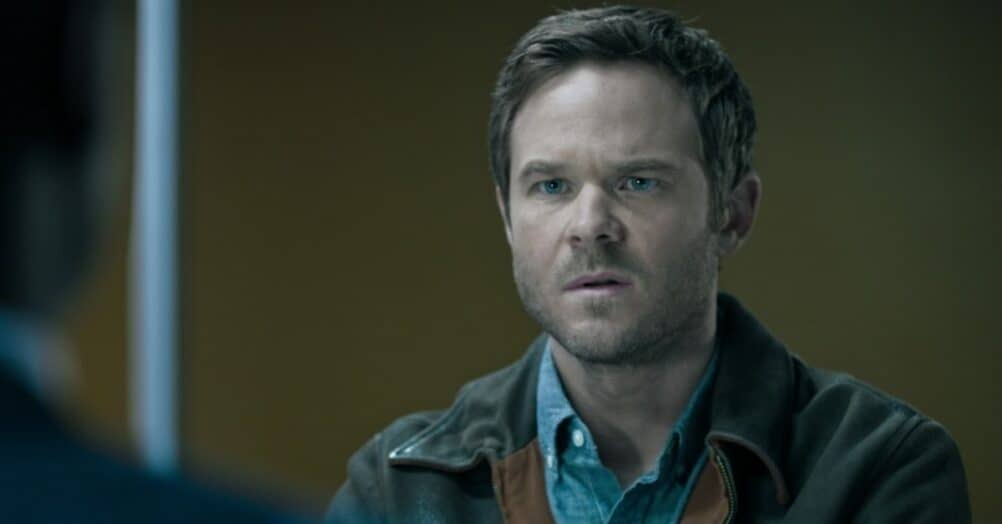
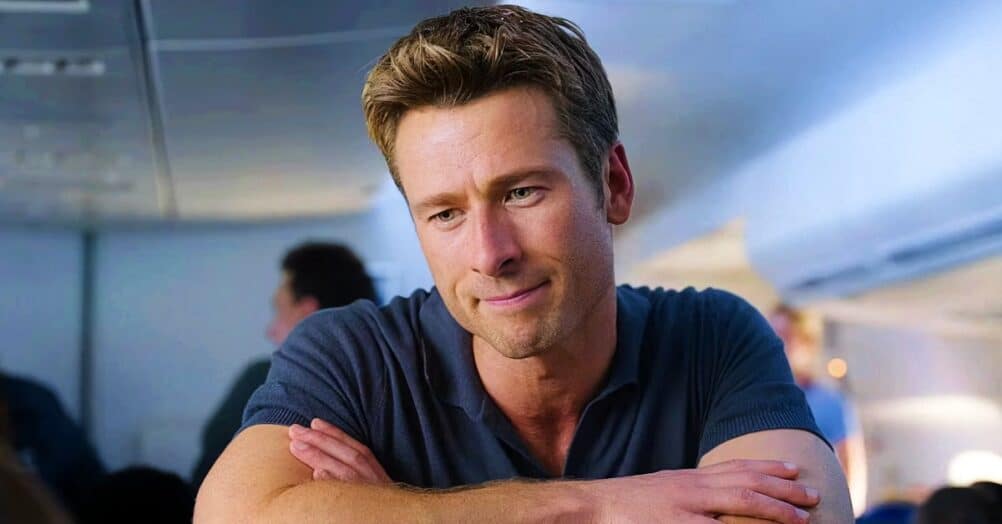
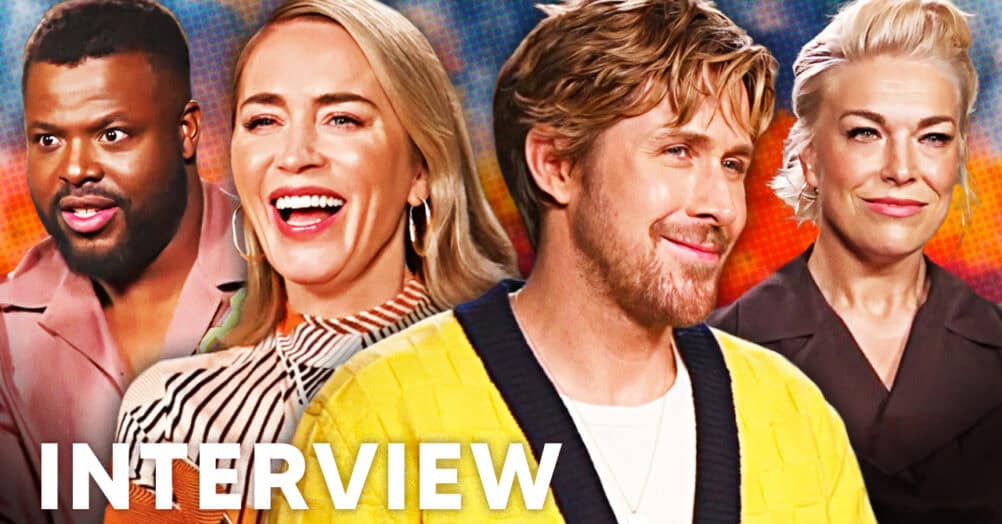
Follow the JOBLO MOVIE NETWORK
Follow us on YOUTUBE
Follow ARROW IN THE HEAD
Follow AITH on YOUTUBE